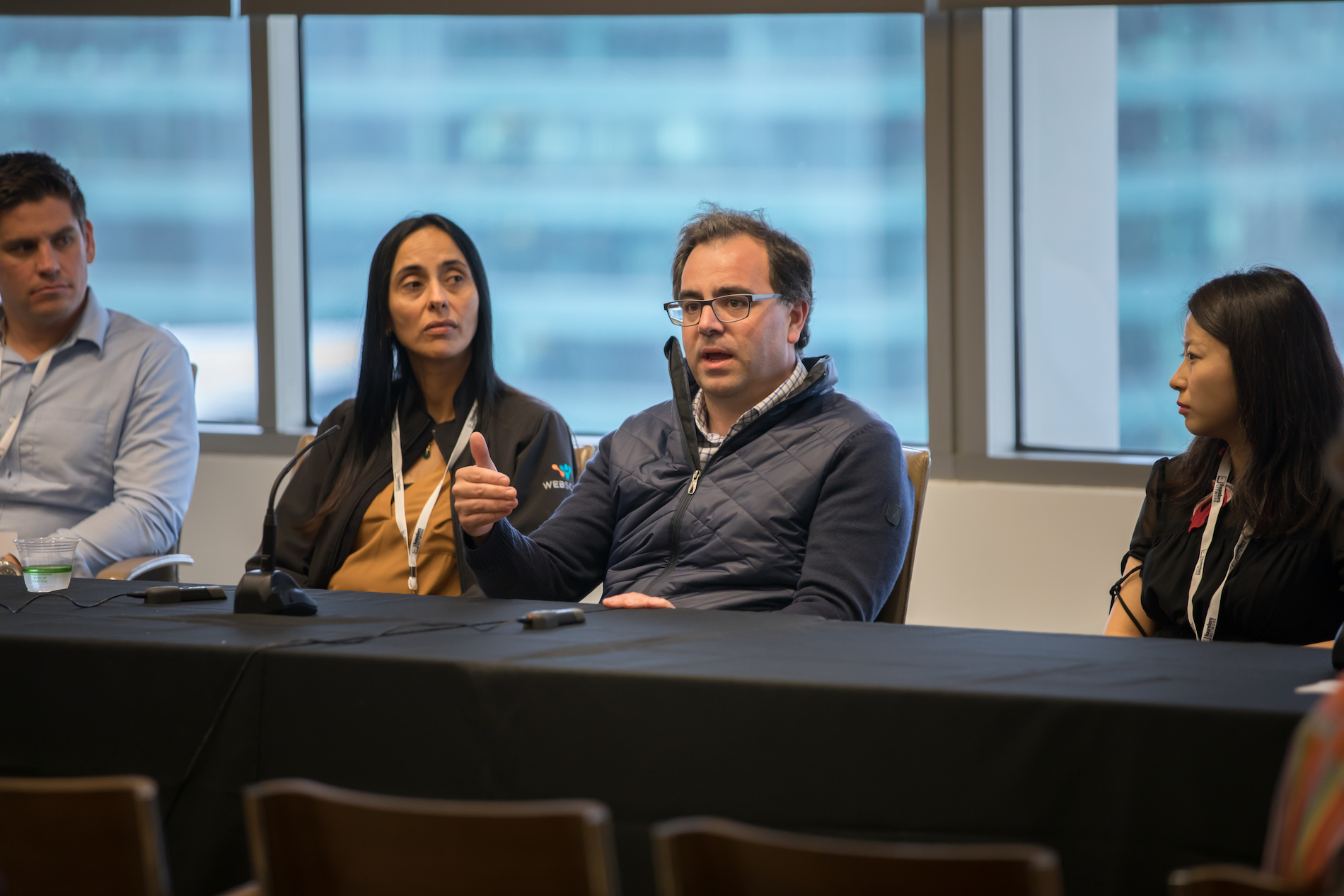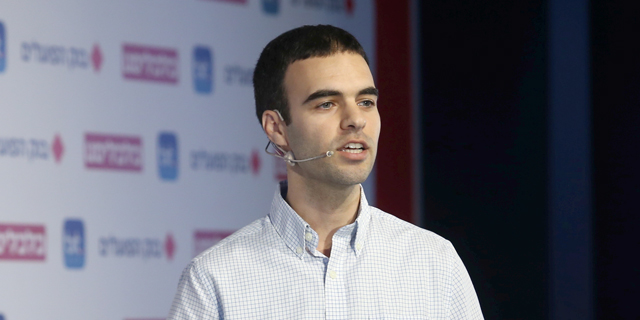
Healthcare is a fast-growing market, but entrepreneurs looking to enter the fray should be aware that there is more to it than supply meeting demand, says Midori Uehara, VP and Head of Business Development at Cedar, a healthcare fintech platform.
“Healthcare is not a typical good or service. Unlike in most businesses, the buyers are different from the decision makers, who are different from the people who are benefiting. Market forces are often distorted or not applicable at all,” she says.
Uehara, who will be delivering a Founders Network global keynote on November 17, co-founded OODA Health, which was recently acquired by Cedar for $425M. She provided insights on how entrepreneurs can succeed in the healthcare market.
To learn more about insights on how entrepreneurs can succeed in the healthcare market, see if you qualify for membership and check out the webinar from November 17.
Long passionate about the topic, Uehara studied public health policy and human biology at Stanford and then ran strategic implementations at Castlight Health, following a few years in management consulting at Bain & Co. After earning an MBA and MPP from Harvard University, she co-founded OODA, which brings cutting-edge fintech to the healthcare industry. While she’s a staunch believer that adequate medical care is a human right, she is also a realist, who is aware that change often follows financial incentive.
“Healthcare is not a typical good or service. The buyers are different from the decision makers, who are different from the people who are benefiting. Market forces are often distorted or not applicable at all.” - @CedarNY Share on XFollow the money and mind the product-market fit
“If you want to have an impact in healthcare, you have to follow the money. This means identifying where money is being spent (or wasted), and recognizing solutions must deliver financial value to get traction – you can’t appeal just to the goodwill of an organization,” she explains. Uehara says that although they are often nonprofits, healthcare players are incentivized to maximize their bottom lines, so tech solutions must deliver financial value if they are to be widely adopted.
For example, OODA’s digital patient payment platform focused on tackling the disconnect between “payers,” usually insurance companies, and the “providers” who bill for services, ranging from hospitals to physician offices to labs processing samples. These two groups often battle over administrative and billing issues, leaving the patient caught in the middle. OODA’s solution pioneered a ground-breaking business model and novel technology to bring the two sides together on behalf of the patient, partnering with multiple large payers and providers across the country.
As OODA grew, however, it became clear that the new business model as designed wouldn’t scale in the absence of broader policy or regulatory change. “While OODA had achieved significant traction and strong relationships with innovative enterprise partners, our initial solution was too reliant on bringing payers and providers together at the same time,” Uehara explains. “We needed a foundation of a scalable product with strong product-market fit as a springboard for the systems innovation we had demonstrated was possible.”
“If you want to have an impact in healthcare, you have to follow the money. This means identifying where money is being spent (or wasted), and recognizing solutions must deliver financial value to get traction.” - @CedarNY Share on XEnter Cedar, a later-stage startup that was already successfully addressing pain points in the patient financial experience for the provider market. When it acquired OODA, Cedar gained the ability to bring payer data and engagement into the patient billing process, as well as expand into addressing administrative pain points in the payer market – a win for both companies.
Uehara’s own journey as a co-founder influences her advice to other entrepreneurs: “When you’re trying to get to initial product-market fit, start narrow. Don’t try to do too much. Don’t spread yourself too thin across too many stakeholders in the enterprise healthcare ecosystem.”
Raise enough money to withstand long sales cycles
She adds that providers and payers are infamous for being hard to sell to, so entrepreneurs should raise enough money to withstand long sales cycles. That means getting plenty of investment in your company and a strong team in place, even before you have any customers.
“You need a bench that’s deep enough to support you when organizations are pushing on your capabilities and technical sophistication,” she says.
“When you're trying to get to the initial product-market fit, start narrow. Don't try to do too much. Don't spread yourself too thin across too many stakeholders in the enterprise healthcare ecosystem.” - @CedarNY Share on XLearn the policies that dictate healthcare tech
Even with adequate investment and a tight product-market fit, many well-meaning technologists fail when it comes to introducing new tech tools for the industry. According to Uehara, that’s because they don’t understand the underlying system incentives and policies that dictate the use of seemingly outdated tools.
“Pure tech people come in and say some variation of: ‘Wow, fax machines! It’s obvious, all we need is an email system for healthcare. Why don’t we have that?’ But that fails to consider that the fax machine may be the optimal solution given the existing system,” she says, adding that the “graveyard” of tech solutions rejected by the industry include those created by Microsoft and Google. More viable solutions come from those who understand the underlying incentives of the industry and the policies that drive them.
Uehara has devoted her career to this kind of in-depth knowledge, something she speaks about with noticeable passion. “There’s nothing more important than your health and the health of your loved ones. And when you don’t have it, nothing else really matters. I’m continuously struck by the significance of healthcare in our lives,” she says.
To learn more about insights on how entrepreneurs can succeed in the healthcare market, see if you qualify for membership and check out the webinar from November 17.






